Program Notes
4 (Four) Jewish Pieces inspired by the Ashkenazy Jews of Eastern Europe. Pain and sighing are characteristic of the Eastern Jews, a culture that started in 15th-century Germany. This work focuses on 4 aspects of Jewish culture:
1 – Tefilla – service of the heart.
“Tefilla” is a Hebrew word that translates to “prayer” in English. It is commonly used to refer to the act of praying or the prayers themselves in the context of Jewish religious practices. The term is rooted in the Hebrew verb “l’hitpalel,” which means “to pray” or “to meditate.” The practice of tefilla holds significant importance in Judaism, serving as a means of connecting with the divine, expressing gratitude, seeking guidance, and fostering a spiritual connection. Please note that the confidence level for this information is high, as it is based on widely accepted definitions in the context of Judaism and the Hebrew language.
2 – Shabbat – day of rest
“Shabbat” is a Hebrew word that translates to “Sabbath” in English. It refers to the seventh day of the week, observed as a day of rest and worship in Judaism. Shabbat begins on Friday evening at sunset and concludes on Saturday evening at sunset. The observance of Shabbat is a central and significant practice in
Jewish tradition.
During Shabbat, Jewish individuals and communities engage in various rituals and customs, such as lighting candles, reciting blessings, attending synagogue services, and sharing festive meals. The primary focus of Shabbat is on rest, reflection, and spiritual rejuvenation.
3 – Teshuva – return to God
“Teshuva” is a Hebrew word that translates to “repentance” or “return” in English. In the context of Judaism, it refers to the process of repenting for one’s sins and turning back to a path of righteousness and ethical behavior. Teshuva is considered a fundamental concept in Jewish theology and practice, emphasizing the idea that individuals have the ability to change their ways and seek forgiveness.
The process of teshuva typically involves acknowledging and regretting one’s wrongdoing, seeking forgiveness from those who may have been harmed, and making a sincere commitment to change. Teshuva is often associated with the Ten Days of Repentance, a period of reflection and introspection that occurs between the Jewish New Year (Rosh Hashanah) and the Day of Atonement (Yom Kippur).
4 – Torah – tradition
“Torah” is a Hebrew term that can be translated to mean “instruction” or “teaching” in English. In a more specific religious context, it refers to the central reference text of the Jewish tradition. The Torah is composed of the first five books of the Hebrew Bible: Genesis, Exodus, Leviticus, Numbers, and
Deuteronomy. These books are also known as the Pentateuch.
The Torah is considered the foundational text of Judaism, containing the laws, commandments, narratives, and ethical teachings that guide the religious and moral life of the Jewish people. It is revered as the revealed word of God to Moses on Mount Sinai, and its study and interpretation play a central role in Jewish religious life.
4 Jewish Pieces was originally commissioned by Daniel Shineberg for flute and piano and premiered December 3rd, 2021 at the University of Missouri in fulfillment of Daniel’s DM
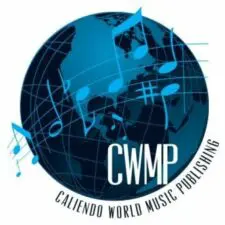
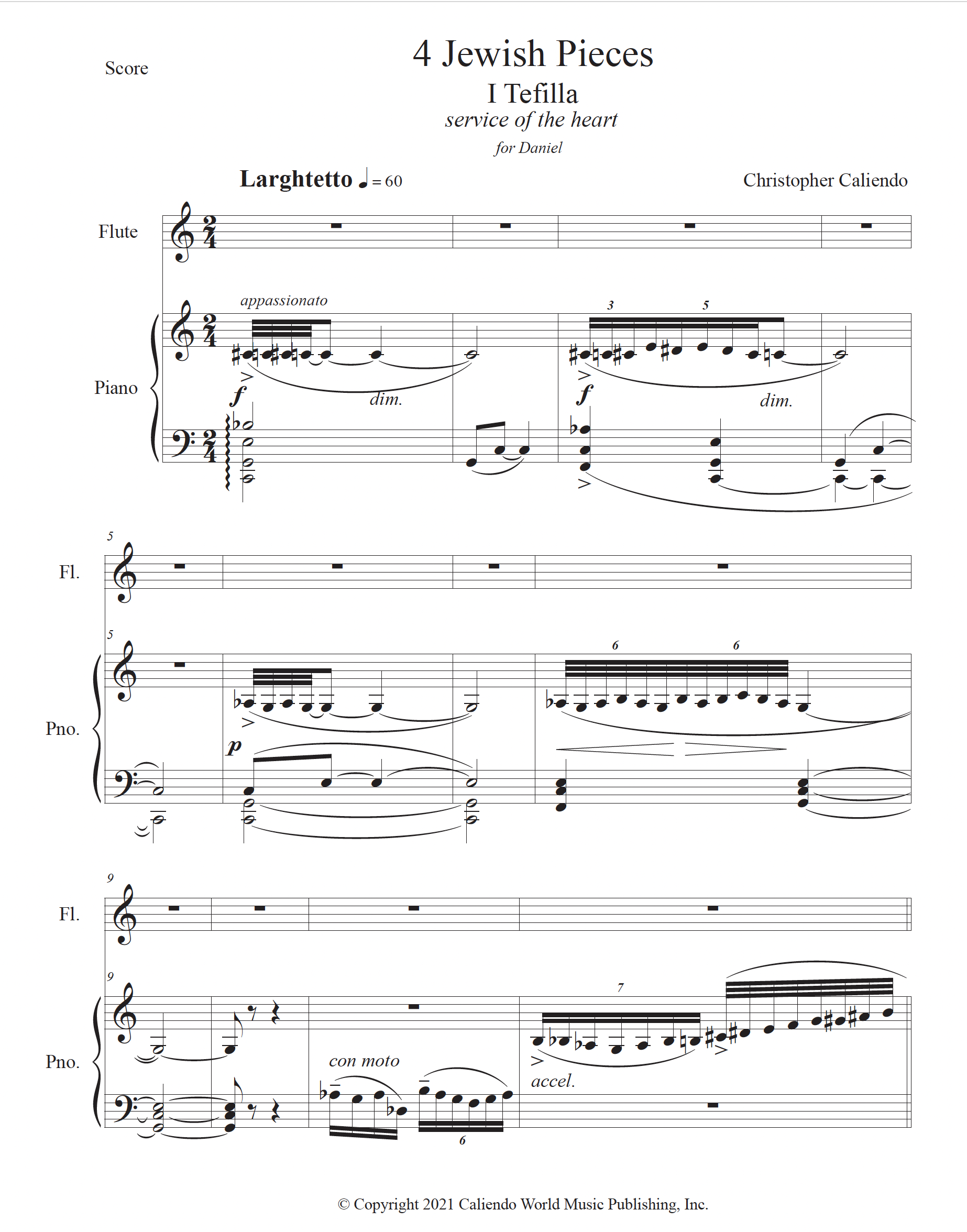
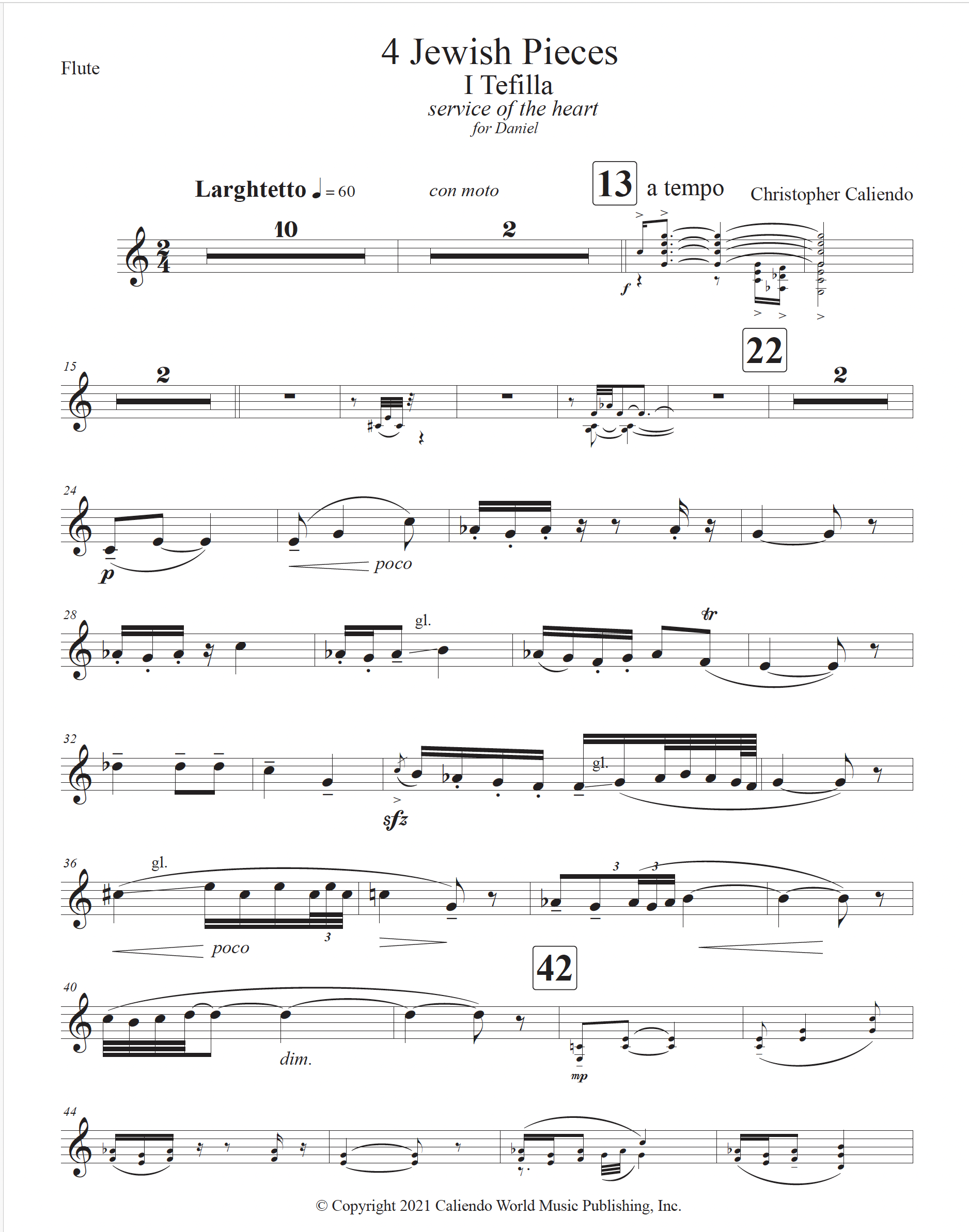
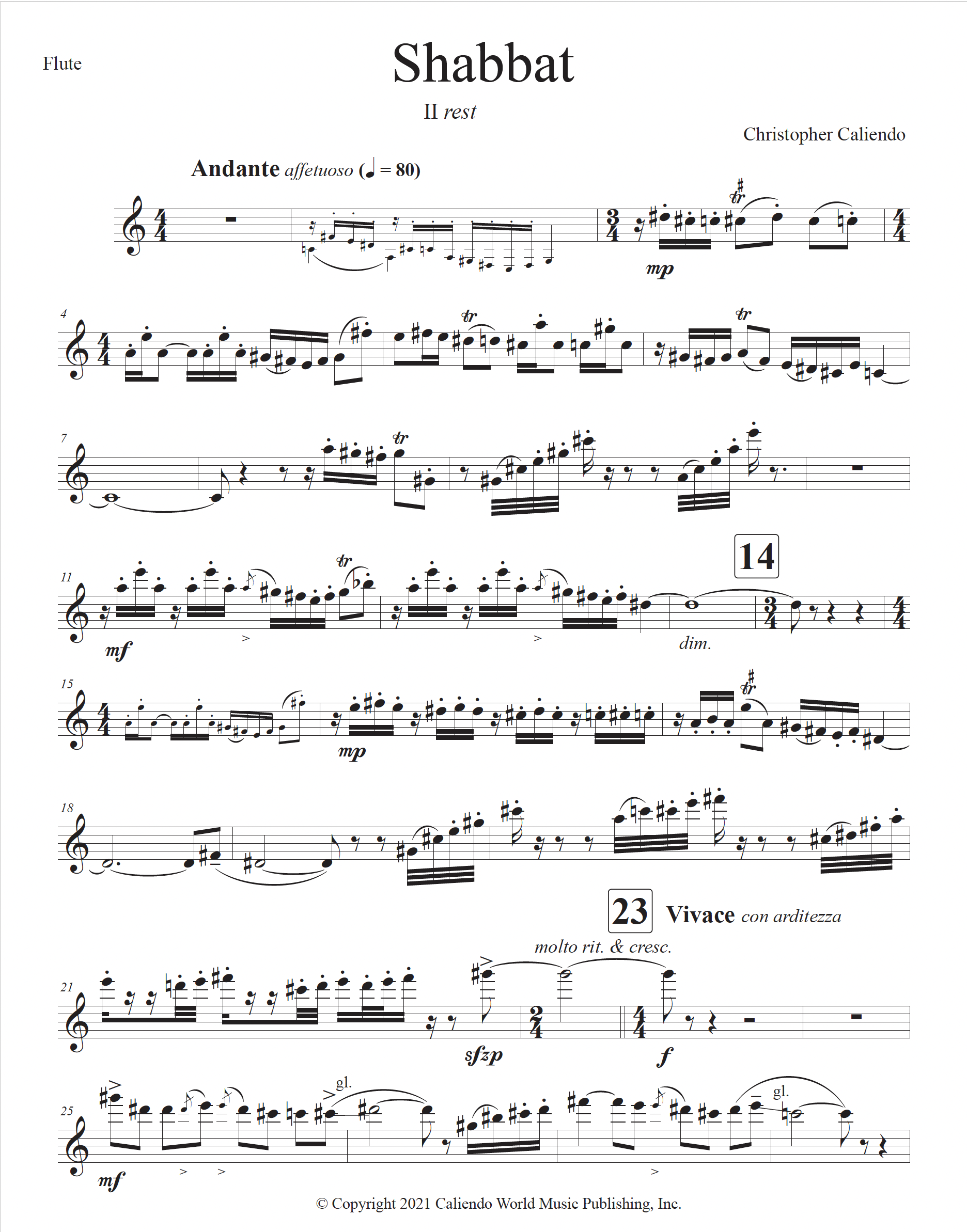
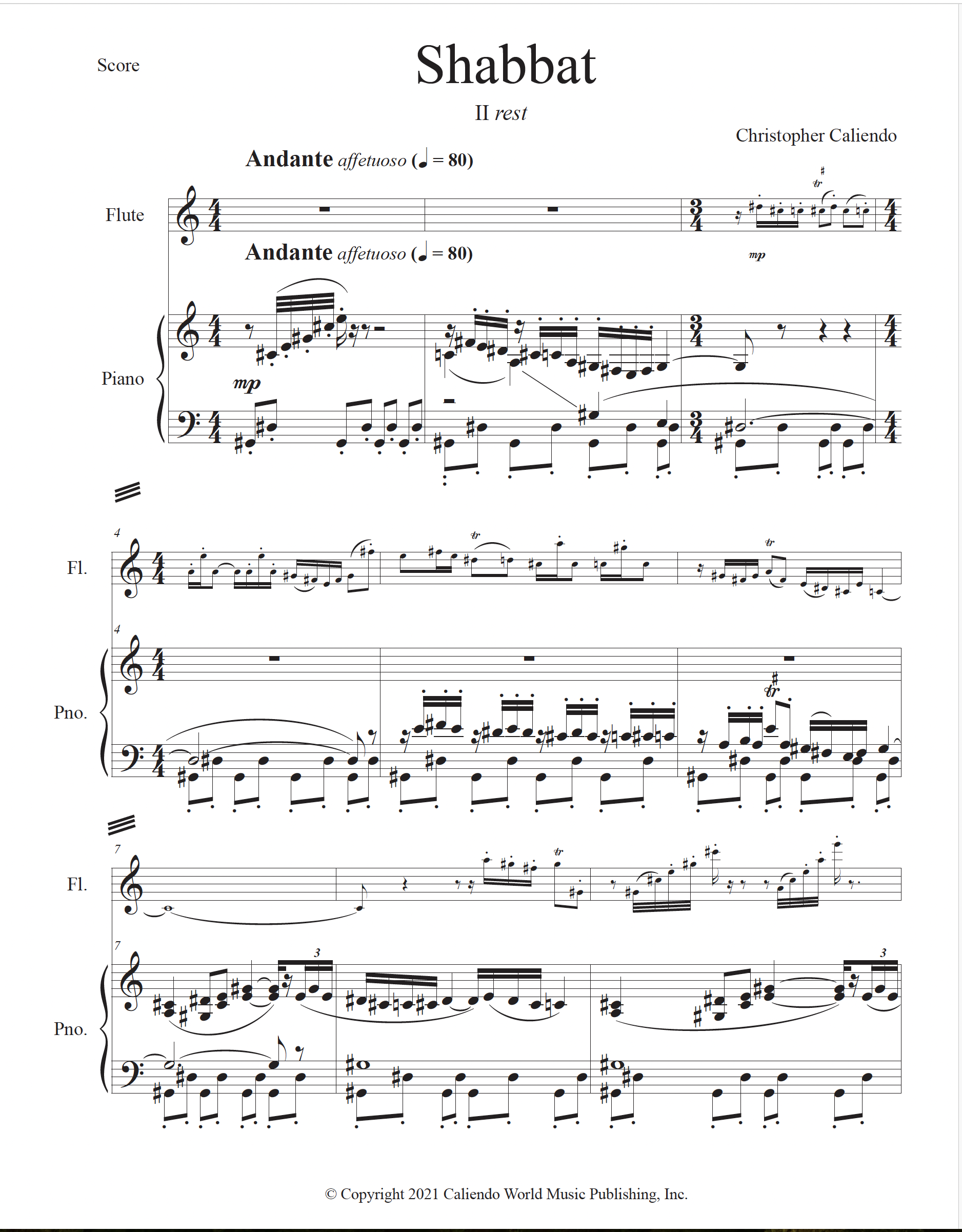
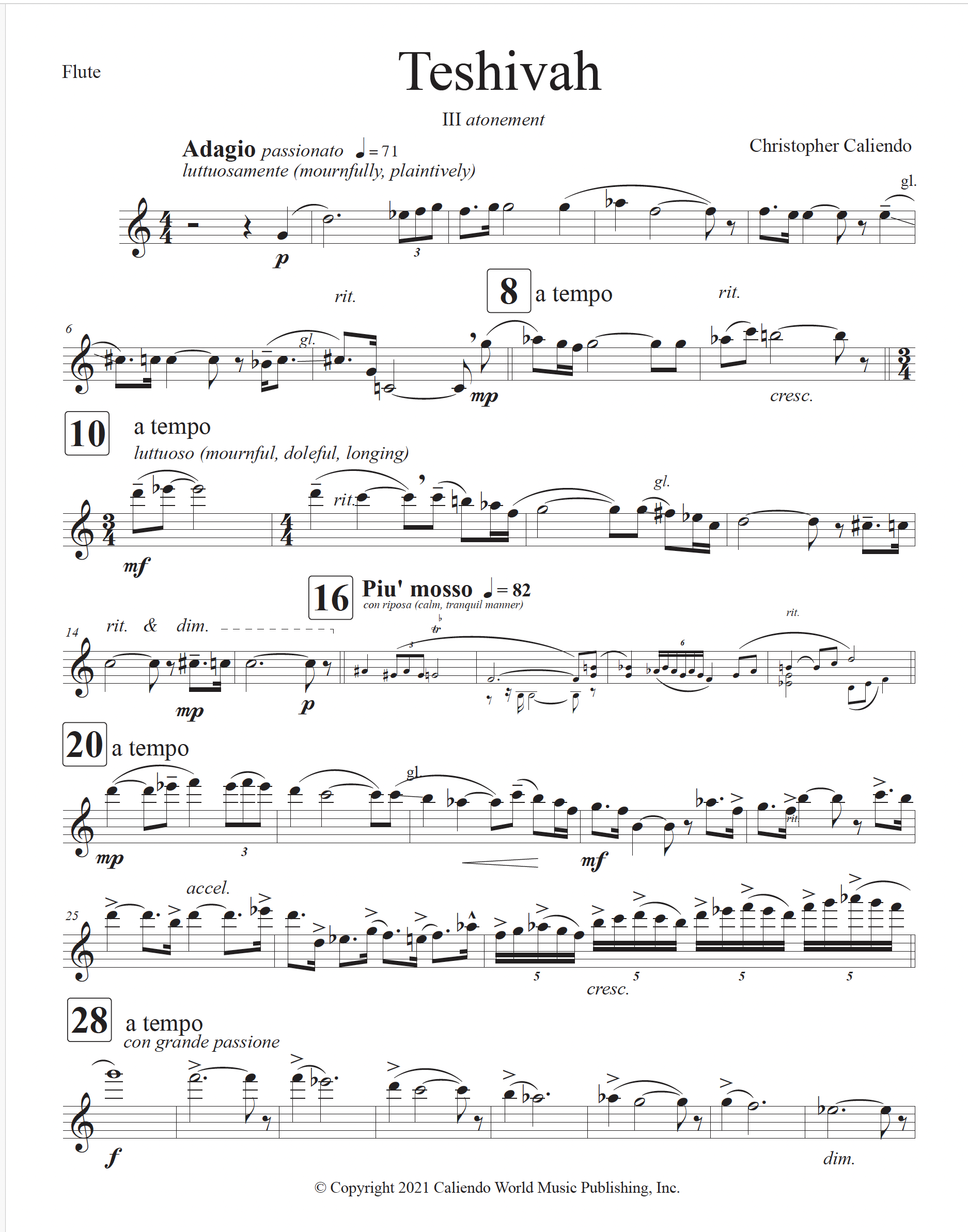
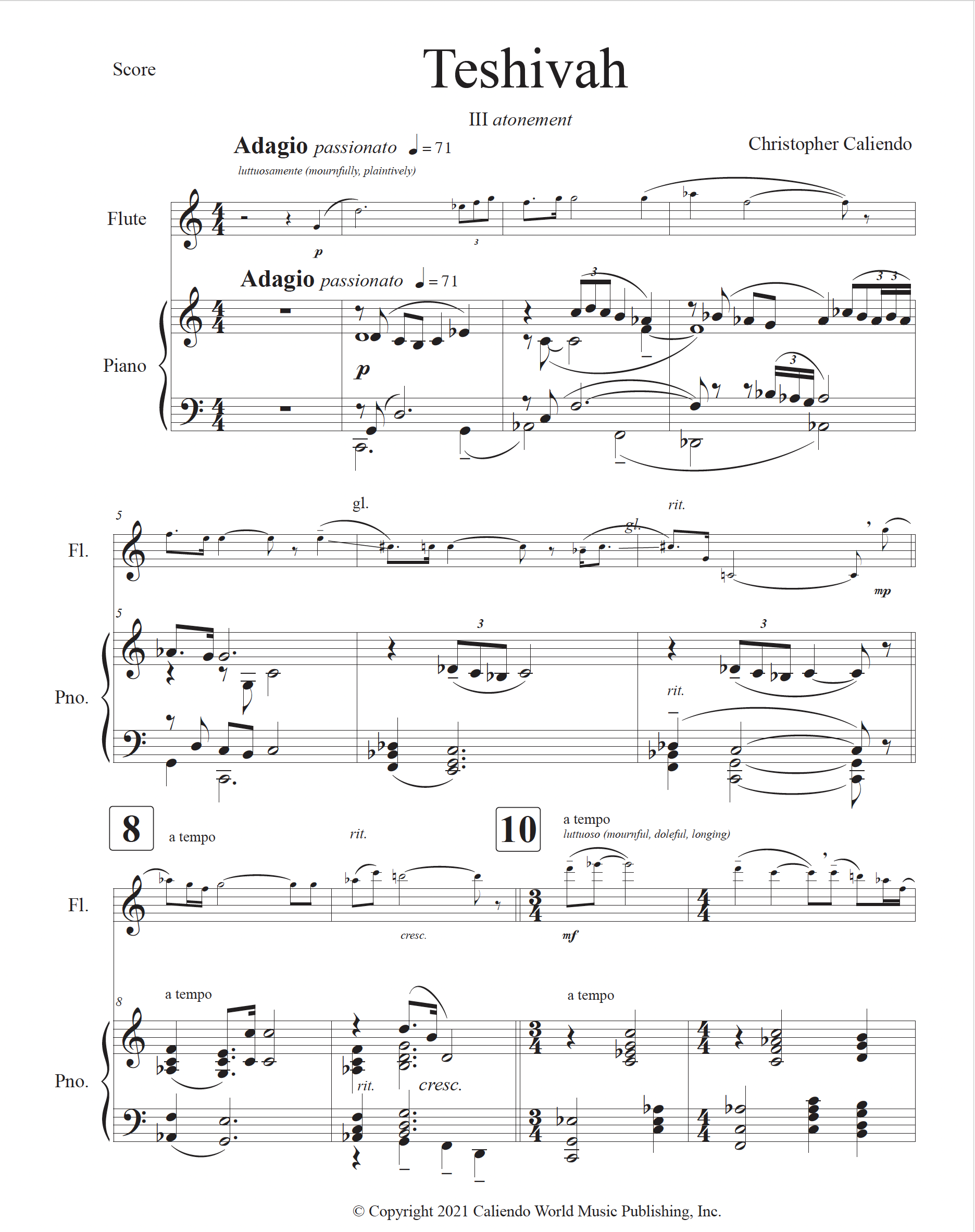
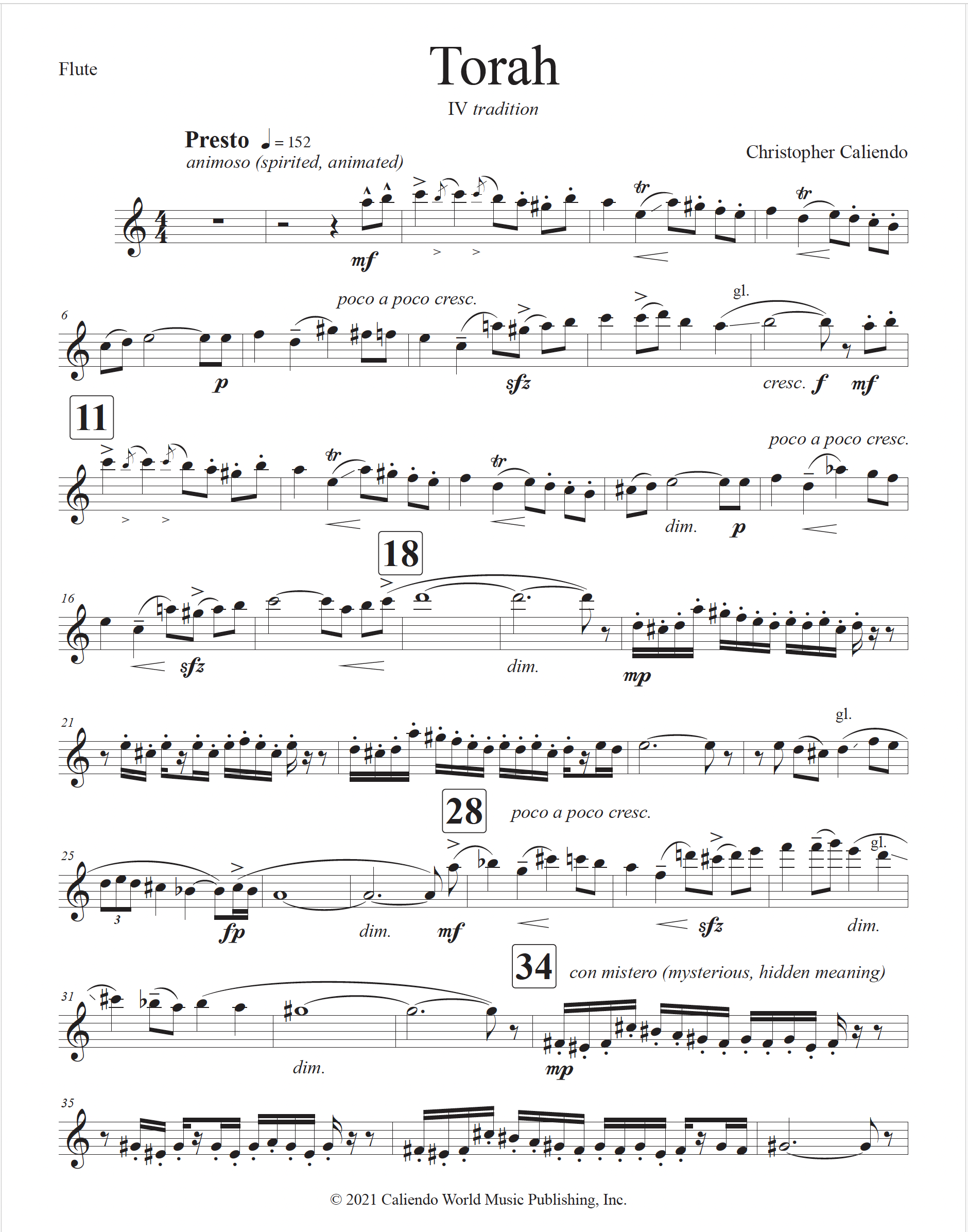
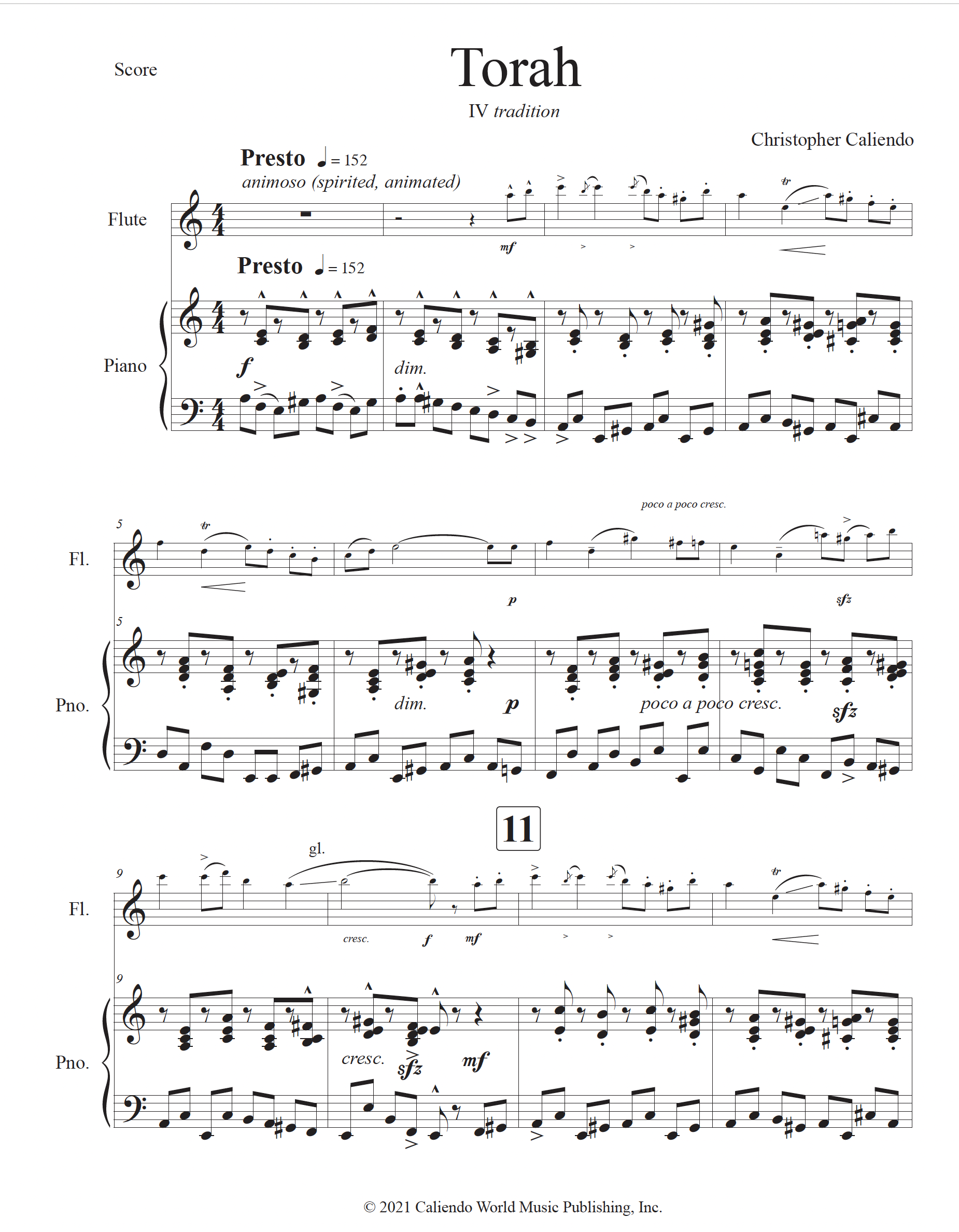
Reviews
There are no reviews yet.